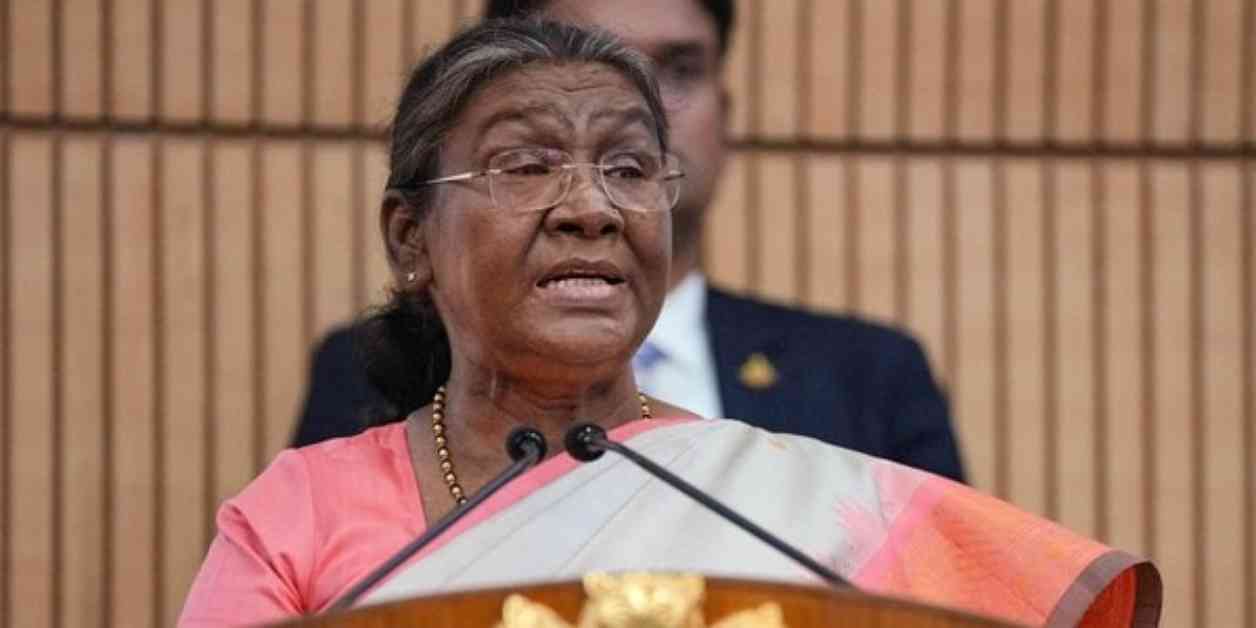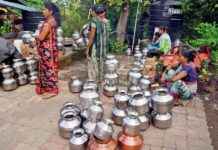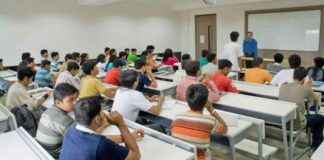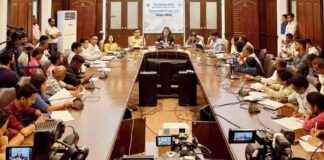President Droupadi Murmu of India recently bestowed the prestigious National Geoscience Awards (NGA) for 2023 upon 21 eminent geoscientists, hailing from various regions of the country. These awards, totaling 12 in number, were a recognition of exceptional contributions made in the fields of geosciences, mineral exploration, and natural hazard investigations. The ceremony highlighted the critical role of geosciences in fostering self-sufficiency in mineral production, a crucial step towards India’s ambition of attaining developed nation status by the year 2047.
The recipients of these esteemed awards were segregated into three categories: the National Geoscience Award for Lifetime Achievement, the National Geoscience Award, and the National Young Geoscientist Award. Among the notable awardees was Prof Dhiraj Mohan Banerjee, who was honored with the Lifetime Achievement Award for his groundbreaking work in areas such as phosphorites, isotope geology, and organic geochemistry. Dr Ashutosh Pandey also received accolades, clinching the National Young Geoscientist Award for his pioneering research on the geodynamic evolution of the Eastern Dharwar Craton.
During the ceremony, President Murmu underscored the significance of the government’s initiatives, such as the National Geoscience Data Repository Portal and the integration of cutting-edge technologies, in augmenting India’s understanding of its natural resources and ensuring their optimal utilization. Minister of Coal and Mines G Kishan reiterated the government’s commitment to fortifying the mining sector through a series of reforms, including amendments to the Mines and Minerals (Development and Regulation) Act.
The recent amendments to the MMDR Act in 2023 have empowered the central government to conduct auctions for 24 critical and strategic minerals. Notably, as of August 20, the Ministry of Mines has successfully auctioned 14 such mineral blocks. Minister Kishan also shed light on the Ministry’s efforts to expedite exploration activities within the country by introducing an exploration license for 29 deep-seated minerals. Additionally, he highlighted the announcement in the 2024 Budget regarding the establishment of the Critical Mineral Mission, a significant initiative aimed at ensuring the secure supply chain of essential minerals.
Furthermore, Minister Kishan emphasized the importance of integrating emerging technologies such as artificial intelligence (AI) and machine learning in the realm of mineral discovery and exploration, underscoring their potential to revolutionize the sector. V L Kantha Rao, secretary of the Ministry of Mines, elaborated on the evolution of the National Geoscience Awards since their inception in 1966, noting the continual expansion of the awards to encompass new domains within the realm of geosciences.
Subheadings:
The Significance of Geoscience in Nation-Building
Geoscience as a Catalyst for Self-Sufficiency in Mineral Production
Harnessing Emerging Technologies for Enhanced Exploration and Discovery
As the nation marches towards its vision of ‘Viksit Bharat 2047’, the role of geoscience in driving sustainable development and economic growth cannot be overstated. Geoscience plays a pivotal role in nation-building by providing valuable insights into the geological composition of regions, facilitating mineral exploration, and enabling the mitigation of natural hazards through advanced predictive modeling.
The awards ceremony served as a testament to the exceptional work being undertaken by geoscientists across the country, showcasing their dedication to advancing the field and contributing to the nation’s progress. The recognition bestowed upon individuals like Prof Dhiraj Mohan Banerjee and Dr Ashutosh Pandey underscores the significant strides being made in geoscience research and exploration, propelling India towards greater self-reliance in mineral production.
Geoscience’s critical role in fostering self-sufficiency in mineral production was a key theme highlighted during the ceremony. President Murmu’s emphasis on the need for India to achieve mineral self-sufficiency as a stepping stone towards becoming a developed nation by 2047 underscores the strategic importance of geoscience in driving economic growth and industrial development.
Moreover, the integration of emerging technologies such as AI and machine learning in mineral exploration and discovery represents a significant leap forward in enhancing the efficiency and effectiveness of these processes. By leveraging these cutting-edge tools, geoscientists can gain deeper insights into the geological composition of regions, identify potential mineral deposits with greater precision, and streamline exploration efforts for optimal resource utilization.
The recent amendments to the Mines and Minerals (Development and Regulation) Act, empowering the central government to auction critical minerals, reflect the government’s commitment to revitalizing the mining sector and promoting sustainable mineral extraction practices. These reforms are aimed at enhancing transparency, efficiency, and accountability in the allocation of mineral resources, ultimately fostering a conducive environment for investment and growth in the sector.
By introducing initiatives such as the National Geoscience Data Repository Portal and the exploration license for deep-seated minerals, the Ministry of Mines is spearheading efforts to bolster exploration activities and harness India’s vast geological wealth. The establishment of the Critical Mineral Mission further underscores the government’s proactive stance towards securing the supply chain of essential minerals, safeguarding the nation’s strategic interests and promoting sustainable resource management.
In conclusion, the National Geoscience Awards ceremony served as a platform to honor the exemplary contributions of geoscientists and underscore the pivotal role of geoscience in driving India’s journey towards self-sufficiency in mineral production and sustainable development. Through a combination of research excellence, technological innovation, and policy reforms, the geoscience community is poised to play a transformative role in shaping India’s mineral landscape and facilitating its transition towards a developed nation by 2047.




















